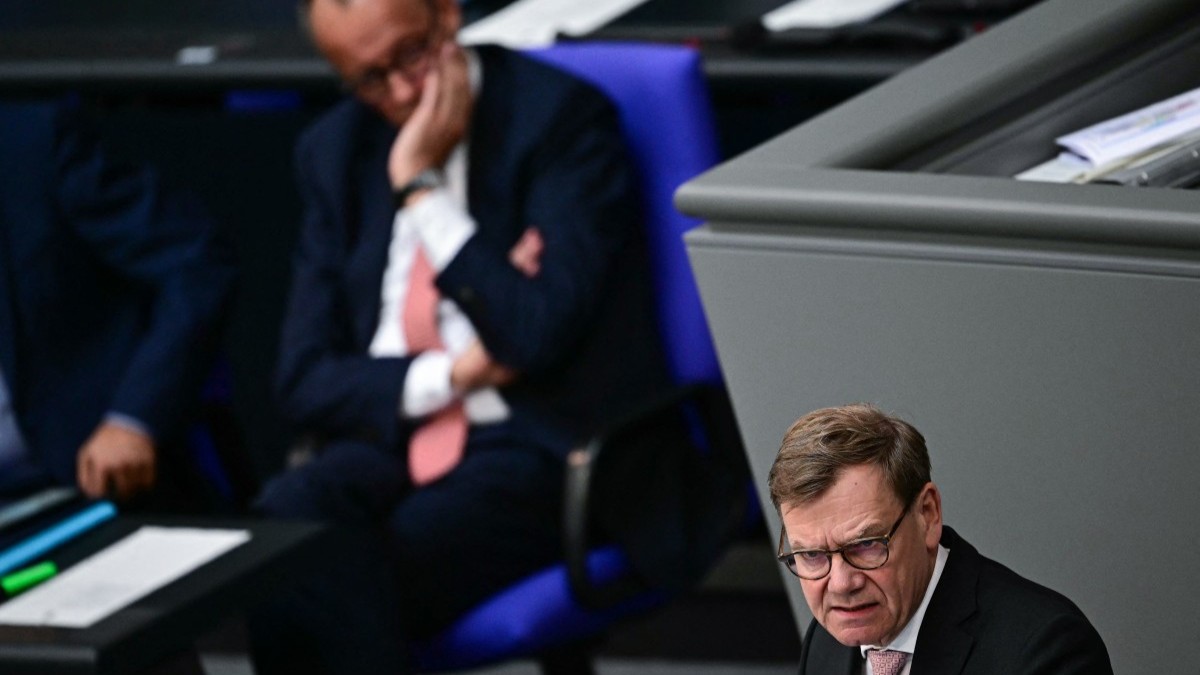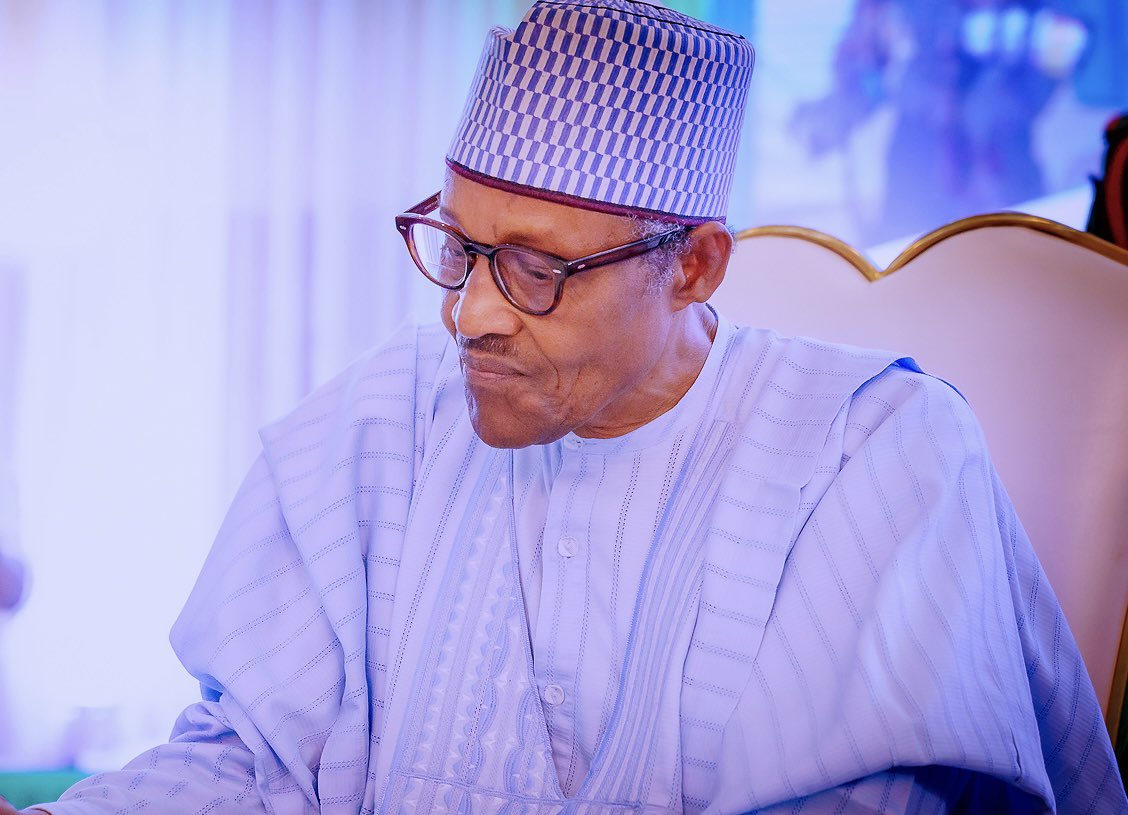Photograph Source: Embajada de EEUU en Argentina – CC BY 2.0
The experiment of U.S. President Donald Trump to “abolish” USAID, the results of which are still uncertain, has reminded us of an important truth: no empire builds its network of loyal people—who serve not only as enforcers of politically correct public opinion in its interest but often act as local intelligence operatives cheaper than professionals—through brute force. Instead, it uses money. Massive amounts of money, which should not be seen as generous aid but rather as an investment in the empire’s human infrastructure.
Between 2020 and 2024, all countries in the imperial geographic designation known as the “Western Balkans” received a total of $1.7 billion, with Montenegro receiving $77 million.
It is naive to expect that the empire will easily abandon a network it has meticulously built over decades, especially when there are no signs that it plans to withdraw from this part of the world. What follows is not the removal of the existing network, but its repurposing to align with the empire’s new values. As Catherine Rottenberg, a professor at Goldsmiths, University of London, explained:
“We are clearly witnessing a significant shift in power dynamics in the United States: we are transitioning from an era in which ‘progressive’ neoliberalism—marked by deregulation, privatization, and financialized capitalism—was fused with progressive social agendas such as diversity, equity, and inclusion, to an authoritarian, even fascist, version of neoliberalism. This new formation deepens neoliberal policies but simultaneously discards any progressive facade, implementing policies that oppress marginalized groups. It also reverses any attempts to prevent climate disasters, concentrating power in the hands of the executive branch and a handful of elite billionaires.”
Trump’s blunt declarations about taking Gaza by brute force and displacing its population essentially illustrate the model by which things will generally operate moving forward. In other words, imperial expansion for resource exploitation will no longer be conducted under the guise of insufficient human rights implementation. Instead, you will be openly told that you are not mature enough to understand that the empire’s interests are also your interests. If you don’t accept this, you are free to leave—perhaps to one of the newly funded NGOs hosting roundtables and seminars on how to start a new life.
In this context, small states with limited defense capabilities, such as those formed after the breakup of Yugoslavia, will be the first to come under pressure. Montenegro, for instance, may not have discovered large lithium reserves like Serbia and Bosnia and Herzegovina, but there is no doubt that it will be included in imperial strategies along with its neighbors.
I imagine a conversation between President Trump and his wife Melania aboard a yacht, with the island of Sveti Stefan visible in the distance:
“Melania, listen here, this Montenegro’s got a coastline that sure as shootin’ ain’t got nothin’ to be ashamed of. I’m already seein’ the vision—fancy hotels, pools shinin’ like gold under the sun. Wait, what’s that you said—Montenegro means Black Mountain? Well, that’s somethin’, ain’t it? But hear me out: ‘Black Mountain, your future ain’t black no more!’ Hahaha, now that’s a slogan that’ll sell faster than hot cornbread at a county fair!”
Ethnic groups, particularly in areas where they still live in mixed communities—such as Bosnia and Herzegovina, Montenegro, and Serbia—will be told that they can either step together into this vision of the future or let each other be the last to enjoy the services of NGOs for “prosperous relocation.” In Montenegro’s case, stoking nationalist ideologies such as Šešeljism and Dukljanism will certainly serve this purpose.
However, this dystopian future is not inevitable, and avoiding it doesn’t require some grand new wisdom. I recently revisited the works of the unjustly forgotten Svetozar Miletić, who, like Dimitrije Tucović, advocated for a federation of Balkan nations. One of his thoughts remains particularly relevant:
“Some Greater Croats, looking at the outcome of the Eastern War, mockingly claim: the Serbian question in the East is no more! Perhaps—but the Greater Croatian question is even less! If the Eastern question ceases to be a question of the Balkan peoples, and therefore of the Serbian people, then it will become a Slavic-European question.”
There is no doubt that Starčević-style Greater Croatian nationalism, a pseudo-historical racist ideology, along with its counterparts like Šešeljism and Dukljanism among the South Slavs, has always served conquerors willing to invest serious money into convincing us that they are better friends than our immediate neighbors.
Montenegro, as a small state formed around the seat of the archbishops of Cetinje and established as a bastion of resistance against Ottoman imperialism, was never intended to remain confined to a small, long-term indefensible territory. In the age of arrogant and reckless Trumpism, it’s important to remember these roots and teach them to all realists and minimalists who wish to uproot them, regardless of how much they swear to protect them.
Without exaggeration or pathos—now more than ever, this is a matter of survival itself.









